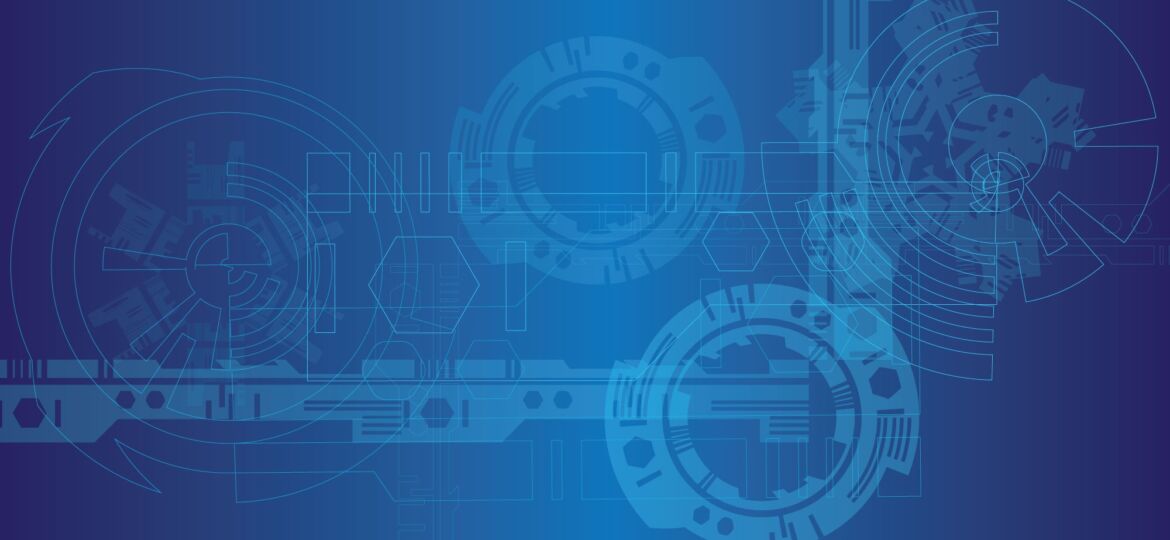Launch of the EDMO Working Group for the Creation of an Independent Intermediary Body to Support Research on Digital Platforms
Sixteen representatives of very large online platforms, academia, and civil society have begun work to develop an organizational model for a new independent intermediary body that will facilitate data sharing between digital platforms, including search engines, and independent, external researchers.
The new working group was launched following the recommendation of a previous EDMO-led multistakeholder working group that explored how platforms can provide data, and the steps researchers themselves must take to protect that data, under the GDPR.
The previous working group found that an intermediary body was needed to safeguard the independence of research, as well as to help potentially ease the legal liability faced by platforms who do share data. Such an intermediary body could, for instance, vet researchers and their research proposals, review platform data and codebooks, and mediate disputes between parties.
The new working group also follows commitments made by a number of very large online platforms as part of the EU’s Code of Practice on Disinformation. In Commitment 27, these companies agree “to provide vetted researchers with access to data necessary to undertake research on Disinformation by developing, funding, and cooperating with an independent, third-party body that can vet researchers and research proposals”.
This third-party body may also serve an “independent advisory mechanism,” as envisioned under Article 40 of the Digital Services Act. This Article of the DSA stipulates that very large online platforms must provide access to data to a “vetted researcher” upon the request of a regulator for the purpose of conducting research on the “detection, identification and understanding of systemic risks in the EU”, or for the “assessment of the adequacy, efficiency and impacts of the risk mitigation measures” by the platforms. The envisioned independent intermediary body could assist regulators by providing advisory opinions about the qualifications of researchers and appropriateness of their proposed research projects.
Over the next six months the members of the working group plan to (a) identify appropriate governing principles for the new intermediary body, (b) lay out its core functions, (c) outline an organizational structure, staffing, and budgetary needs, (d) identify an appropriate form and place of establishment, and (e) provide a timeline for the body’s initial phases of work.
The working group is chaired by Dr. Rebekah Tromble, Member of the EDMO Advisory Council and Director of the Institute for Data, Democracy, and Politics (IDDP) at George Washington University.
The members of the working group are:
- Christine Balagué | Institut Mines-Telecom
- Maria Bielikova | Kempelen Institute of Intelligent Technologies
- Miriam Estrin | Google
- Kamel Gadouche | Centre d’accès sécurisé aux données (CASD)
- Caroline Greer | TikTok
- Andrew Gruen | Meta
- Pavel Havlíček | Association for International Affairs
- Sophie Lecheler | University of Vienna
- Luca Nicotra | Avaaz
- Joschka Selinger | Gesellschaft für Freiheitsrechte
- Eugenia Siapera | University College Dublin
- Tjade Stroband | Microsoft
- Rebekah Tromble | George Washington University, EDMO
- Claes de Vreese | University of Amsterdam, EDMO
- Ben Wagner | Technical University Delft
- Katrin Weller | GESIS
Learn more about the core tasks and principles of the envisioned intermediary body.
